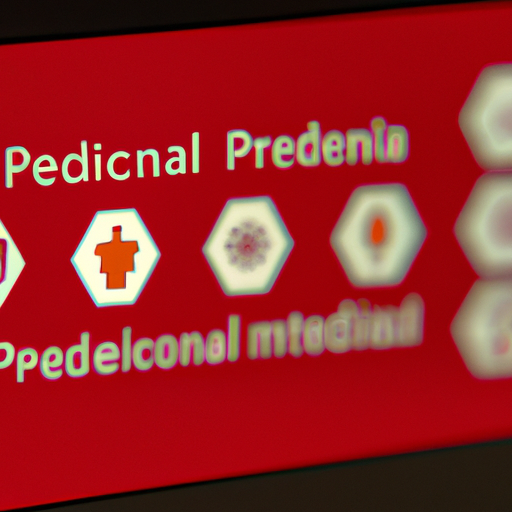The human microbiome, a complex community of trillions of microorganisms, plays a pivotal role in our overall health. Recent research has shown that this intricate ecosystem, particularly the gut microbiome, influences a broad range of physiological processes, including digestion, immunity, and even mental health. This has paved the way for the development of microbiome therapeutics, a groundbreaking area in medicine that holds promising potential for treating a variety of health issues.
What are Microbiome Therapeutics?
Microbiome therapeutics refer to medical treatments that aim to manipulate or alter the microbiome for therapeutic benefits. This can include the use of probiotics, prebiotics, and synbiotics, as well as dietary modifications and fecal microbiota transplantation (FMT). By restoring or supporting a healthy microbiome, these therapies can address numerous conditions, from gastrointestinal disorders to obesity and autoimmune diseases.
The Significance of Gut Health
Gut health is increasingly recognized as a critical component of overall well-being. A balanced gut microbiome can enhance nutrient absorption, strengthen the immune system, and even support mental health. Conversely, an imbalanced microbiome has been linked to various diseases, including inflammatory bowel disease (IBD), diabetes, and depression. Therefore, microbiome therapeutics have the potential to not only alleviate symptoms but also address the root causes of these conditions.
Innovative Approaches in Microbiome Therapeutics
1. Probiotics: Live microorganisms that provide health benefits when consumed in adequate amounts. Specific strains of probiotics have shown promise in managing symptoms of IBS and improving gut health.
2. Prebiotics: Non-digestible food components that promote the growth of beneficial microbes in the gut. They can enhance the effectiveness of probiotics and improve gut microbiome diversity.
3. Fecal Microbiota Transplantation (FMT): A procedure that involves transferring gut microbiota from a healthy donor to a recipient. FMT has shown significant success in treating recurrent Clostridium difficile infections.
4. Personalized Medicine: As research continues to evolve, the concept of personalized microbiome therapeutics is on the rise. By analyzing an individual’s microbiome profile, tailored treatments can be developed to address specific health challenges.
Challenges and Future Directions
Despite the promising potential of microbiome therapeutics, there are still challenges to overcome. Regulatory issues, standardization of microbiome analyses, and variability in individual responses to treatments are all areas that require further research. However, as our understanding of the microbiome deepens, the future of microbiome therapeutics looks bright.
Conclusion
Microbiome therapeutics is an exciting frontier in medicine, offering innovative solutions to enhance gut health and improve overall well-being. As we continue to explore the intricate relationships between our bodies and the microbial communities within, there is hope for developing effective treatments that could revolutionize how we approach numerous health conditions.
In summary, the potential applications of microbiome therapeutics are vast, and with continued research and innovation, we may harness the power of the microbiome to pave the way for healthier lives.
For more insights on gut health and microbiome science, stay tuned for our upcoming articles!










